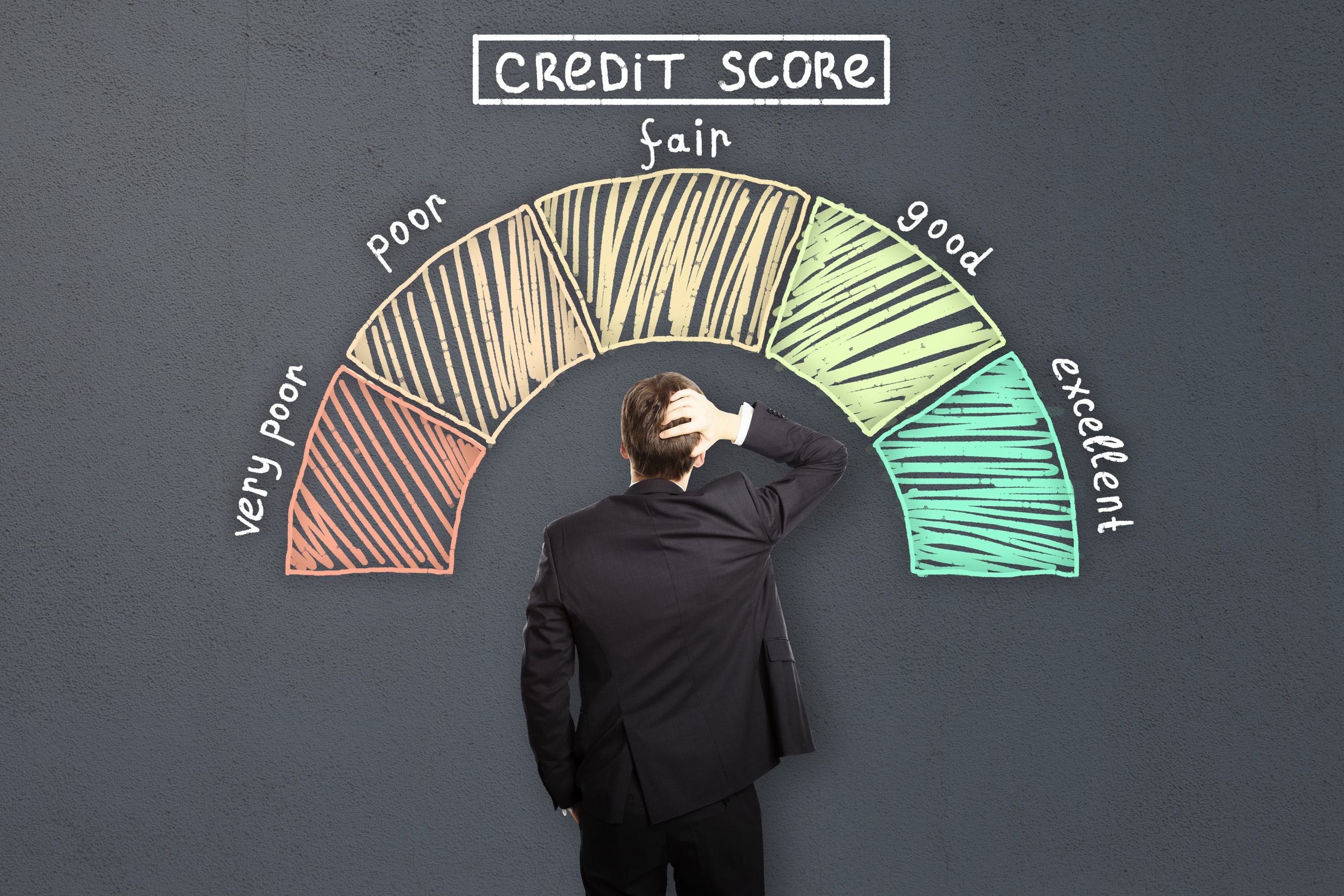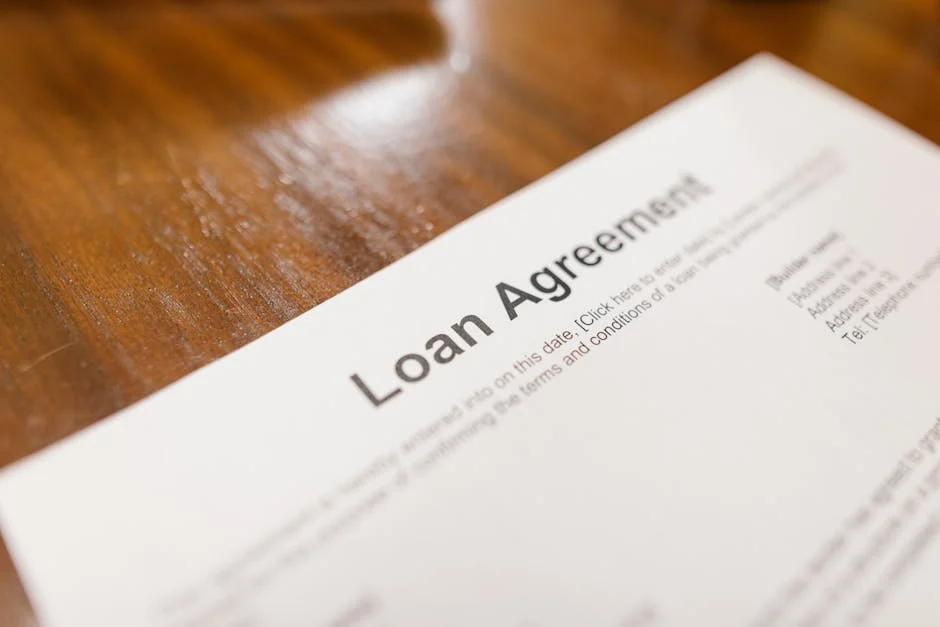
Image source: pexels.com
Cosigning a loan is one of those financial favors that seems harmless at first glance. Maybe your friend, sibling, or child needs a hand qualifying for a car loan or student loan. You want to help, and your good credit could make all the difference. But before you put your signature next to theirs, it’s smart to take a step back and look at the hidden side of this decision. The financial costs of cosigning a loan often show up in unexpected ways, affecting your money, credit, and even your peace of mind.
Cosigning a loan is a serious commitment. Many people don’t realize the full scope of the risks until it’s too late. Whether you’re thinking about helping someone out or you’ve already signed, knowing the sneaky financial costs of cosigning a loan can help you protect your future. Here are five key areas where cosigning can impact your wallet and your financial well-being.
1. Your Credit Score Takes a Hit—Even If Payments Are Made
One of the biggest financial costs of cosigning a loan is the effect on your credit score. The loan appears on your credit report just as if you took it out yourself. That means the total amount borrowed, the payment history, and the balance all factor into your credit score calculations.
Even if the primary borrower makes every payment on time, your debt-to-income ratio increases. This could lower your score or make it harder for you to qualify for your own credit cards, mortgages, or car loans. If a payment is missed, your score can drop fast. And remember, late payments stay on your report for up to seven years.
2. You Could Be on the Hook for Late Fees and Collection Costs
Most people focus on the loan amount itself, but the financial costs of cosigning a loan go beyond the principal and interest. If the borrower misses a payment, the lender will come after you for the money. And it’s not just the missed payment—they may add late fees, collection costs, and even legal fees to the balance.
These extra charges can quickly add up. If the account goes into collections or legal action is taken, you could be responsible for the full amount owed, plus all the additional costs. This can create a financial burden you never expected, sometimes years after you first cosigned.
3. Your Borrowing Power Shrinks
When you cosign, lenders see the new loan as your responsibility, too. This means your total debt load increases in the eyes of banks and credit card companies. If you want to apply for a mortgage or refinance your home, your application might be denied, or you could be offered less favorable terms because of your higher debt-to-income ratio.
Even if you have a strong credit history, just having the cosigned loan on your record can limit your ability to borrow for your own needs. This is a sneaky way that cosigning a loan can cost you, especially if you have plans to make big purchases in the future.
4. Relationship Strain Can Lead to Personal Costs
Cosigning a loan isn’t just a financial transaction—it’s a relationship risk. If the borrower struggles to make payments or defaults, things can get awkward or even hostile. Money issues often strain family ties and friendships. You may feel resentful, or the other person may feel embarrassed or defensive.
While not a direct financial cost, damaged relationships can have real-world consequences. You may lose trust, emotional support, or even future financial opportunities. These hidden costs are hard to measure but can be just as significant as the dollars and cents.
5. You Might Face Tax Consequences
Few people realize that the financial costs of cosigning a loan can spill over into tax season. If the borrower defaults and the lender forgives the debt, the IRS may consider the amount forgiven as taxable income. You could receive a 1099-C form showing the canceled debt, which you’ll need to report on your tax return.
This surprise tax bill can be substantial, depending on the size of the loan.
How to Protect Yourself Before Cosigning
Cosigning a loan can be a generous gesture, but it’s essential to go in with your eyes wide open. The financial costs of cosigning a loan can ripple through your credit, your savings, and your relationships for years. Before you agree, ask yourself if you can afford to pay back the entire loan amount (plus fees) on your own if necessary. Get a clear agreement with the borrower about how payments will be handled and how you’ll communicate if there’s trouble.
Consider alternatives, such as helping with a down payment or looking for lenders who don’t require a cosigner. You can also review resources like the CFPB’s guide to cosigning for more tips. Remember, protecting your financial future is just as important as helping someone else achieve theirs.
Have you ever cosigned a loan for someone? What was your experience, and would you do it again? Share your thoughts in the comments below!
What to Read Next…
- Why Some Elder Care Homes Are Requiring Adult Children to Cosign
- The Benefits of Taking Personal Loans and Their Impact on Credit Scores
- What Happens When You Co Sign a Friends Loan by Accident
- 7 Financial Loopholes That Lenders Exploit Behind the Scenes
- 5 Things That Instantly Decrease Your Credit Score by 50 Points

Travis Campbell is a digital marketer/developer with over 10 years of experience and a writer for over 6 years. He holds a degree in E-commerce and likes to share life advice he’s learned over the years. Travis loves spending time on the golf course or at the gym when he’s not working.








